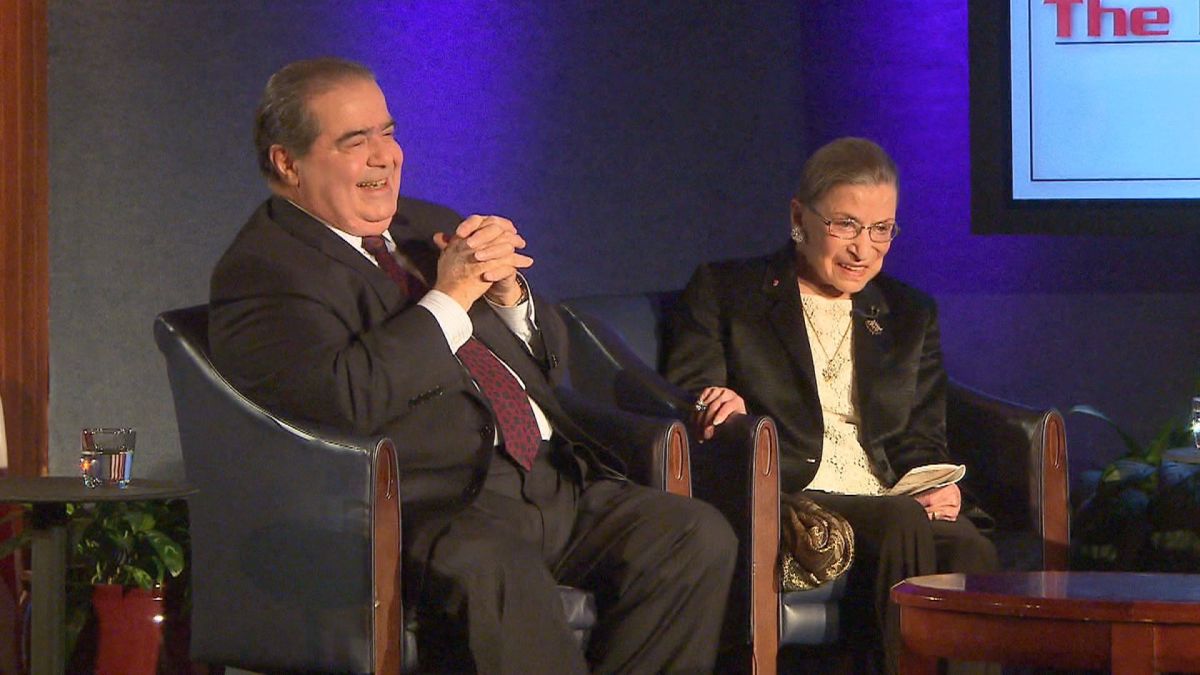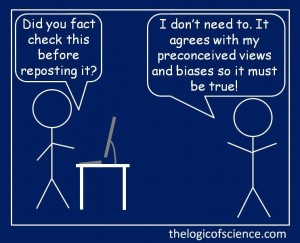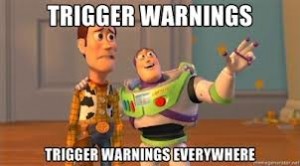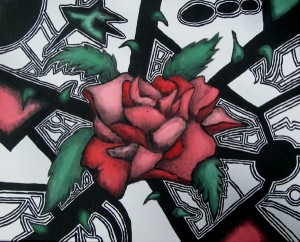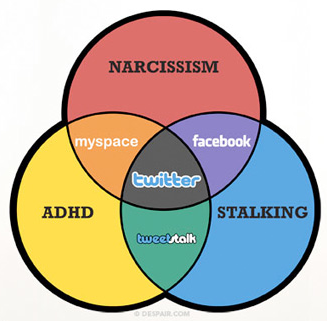Amid despair over our broken civil discourse, I’ve found reason and perspective in recent American history.
Mood Music:
Buried beneath all the news about Supreme Court Justice Ruth Bader Ginsburg’s death and the resulting political chaos was an article about her friendship with then-fellow Justice Antonin Scalia before his death in 2016.
Scalia’s son, Labor Secretary Eugene Scalia, described the friendship this way:
They were both New Yorkers, close in age, and liked a lot of the same things: the law, teaching, travel, music and a meal with family and friends. They had a bond, I think, in that they both grew up as outsiders – to different degrees – to the elites who had ruled the country: she as a Jew and woman, he as a Catholic and Italian American.
They shared a passion for opera and even once appeared together as extras in the Washington National Opera’s opening night production of Richard Strauss’s Ariadne auf Naxos.
This, even as they passionately and consistently opposed each other over law. Scalia once quipped: “What’s not to like, except her views on the law.”
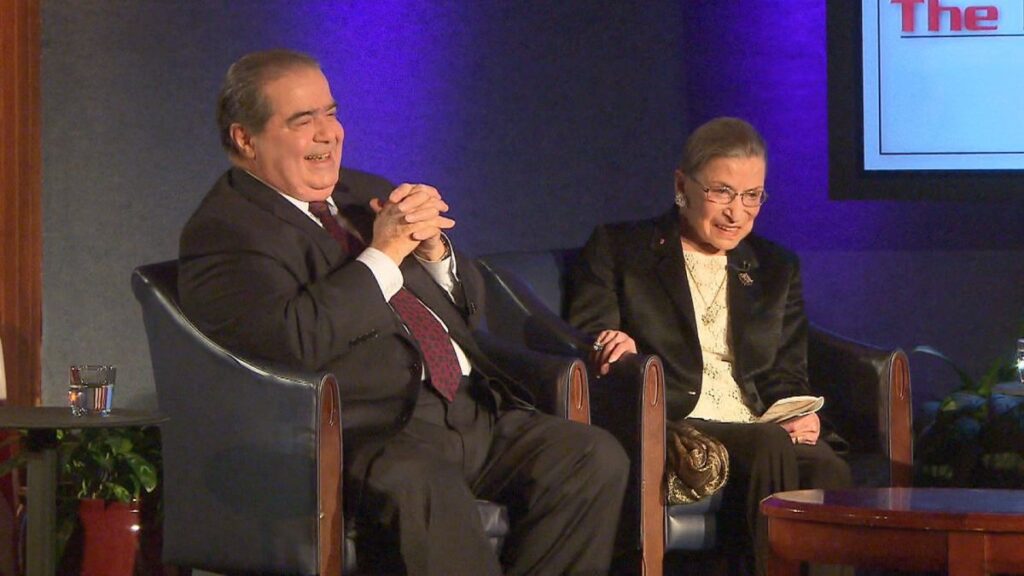
American history is full of such friendships. Sen. Ted Kennedy, the liberal lion from dark-blue Massachusetts, and Sen. Orrin Hatch, a devout Mormon from the red state of Utah, were close friends. President Ronald Reagan and House Speaker Tip O’Neill were fierce political adversaries who still bonded over their Irish heritage and a love of jokes.
These friendships reflect what many of us experience on a personal level. We have friends and relatives who have political beliefs opposite ours. We argue a lot, often heatedly and in public places like Facebook and Twitter.
But when it comes to the health, safety and happiness of our families and fellow friends, politics takes a back seat.
We laugh at the same jokes and Facebook memes. We delight in the same movies and music many times. And we come to the rescue when someone in our orbit is in trouble. Who they’re voting for doesn’t matter in those moments.
As ugly as this political season has been — compounded by months of pandemic and civil unrest — we haven’t lost the ability to rise above politics and be good to one another. I see abundant examples daily of personal bonds being stronger than the things that divide us.
It’s just easy to lose sight of that when we spend too much time on social media. I’m guilty of that.
We’ll need those bonds to survive the next few months, which promise to be as hard as recent months — maybe even more so. The coming election will almost certainly be rich with chaos. The pandemic will continue to dog us. The economy will take a long time to recover.
Our empathy for each other might be our greatest weapon against the darkness.
One of my friends from the information security community, Don A. Bailey, captured the things that matter most in a recent Facebook post:
No matter which side you’re on, half the country is going to have a very bad 2020 in November. Now, more than ever, is time for empathy, patience, and communication with friends whom think differently than you. Your candidate won’t save the country, only we can, one deescalation at a time.
Thanks for that perspective, Don.
Call me a hopeless optimist. Call me naive. But I truly believe our better angels will overcome the ugliness of 2020.
There are more than enough Ginsburg–Scalia friendships in America to carry us through to better days.

